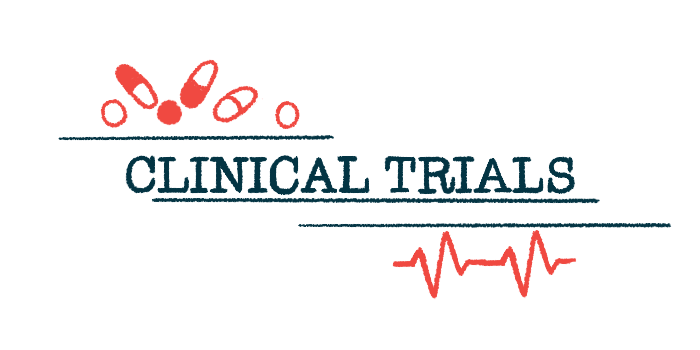Analyses on volixibat trial data in PSC, PBC slated for June
2 Phase 2 trials testing Mirum therapy for itch in liver disease patients
Written by |

Interim analyses of data from Phase 2 clinical trials testing Mirum Pharmaceuticals’ oral therapy candidate volixibat in people with itch, or pruritus, due to primary sclerosing cholangitis (PSC) and primary biliary cholangitis (PBC) are planned for June.
That’s according to a company press release announcing early-year financial results, as well as business updates, which stated that Mirum’s regulatory and pipeline milestones were “on track.”
The Phase 2 VISTAS trial (NCT04663308) is evaluating volixibat against a placebo in PSC patients with pruritus, ages 12 and older. It may still be enrolling up to about 200 participants at multiple sites across the U.S., Canada, Germany, Israel, and the U.K.
A similarly designed Phase 2 trial called VANTAGE (NCT05050136) is recruiting as many as 180 PBC patients with pruritus, all adults, at sites in the U.S., France, Germany, Israel, Italy, and the U.K.
“In the first quarter, we made great progress across a number of our strategic objectives,” said Chris Peetz, Mirum’s CEO. “We look forward to continuing this momentum with our … important interim analyses in our PSC and PBC studies in June.”
Volixibat aims to increase bile acid excretion in patients
PSC and PBC are conditions characterized by chronic cholangitis, where there’s inflammation in the bile ducts, the tubes that carry the digestive fluid bile from the liver to the intestines.
Both conditions are thought to arise from autoimmune reactions, in which the immune system mistakenly attacks the body’s own healthy tissues. While PSC can affect the bile ducts inside and outside the liver, PBC mainly affects the ducts within the liver.
In either case, inflammation can give way to bile duct damage and impeded bile flow that ultimately causes serious harm to the liver. This can result in bile acid leakage into the bloodstream, causing pruritus, a common symptom of several liver diseases.
Volixibat is an oral therapy designed to selectively suppress the ileal bile acid transporter (IBAT), a protein normally involved in recycling bile acids from the intestines back to the liver.
By blocking IBAT’s function, volixibat aims to increase bile acid excretion via the feces, thereby preventing their buildup in the liver and blood. This is believed to be able to help prevent the liver damage and pruritus that occur when bile acid levels are too high.
Data from previous early-stage volixibat trials showed that all evaluated doses of the oral therapy were generally well tolerated and led to an increase in fecal bile acid excretion — a marker of IBAT suppression.
The Phase 2 VISTAS and VANTAGE trials are now seeking to evaluate volixibat’s safety in PSC and efficacy in PBC patients. In each study, participants are randomly assigned to receive an oral capsule of either volixibat (20 or 80 mg) or a placebo, twice daily for about six months.
The primary goal is to assess the mean change in patient-reported daily itch, as assessed by the Adult Itch Reported Outcome questionnaire. Secondary goals include the proportion of patients showing a treatment response and changes in blood levels of bile acids, liver enzymes, and bilirubin — a marker of liver damage — as well as other patient-reported outcomes and safety measures.
Both trials are expected to end in late 2025.
Meanwhile, “interim analyses for volixibat in PSC (VISTAS study) and in PBC (VANTAGE study) [are] expected in June of 2024,” the release states.
Mirum also markets US-approved drug Livmarli for itch in Alagille
Mirum already markets another IBAT blocker called Livmarli (maralixibat), which was approved in the U.S. for treating pruritus in people with Alagille syndrome in 2021. More recently, the oral therapy was also cleared by U.S. regulators for treating progressive familial intrahepatic cholestasis (PFIC).
Both Alagille and PFIC are rare genetic liver diseases characterized by cholestasis, in which bile flow from the liver is slowed or stalled.
Mirum is now awaiting a regulatory decision on whether Livmarli should be approved for PFIC patients in the European Union, where it is already cleared for Alagille.
“The FDA’s approval of Livmarli for cholestatic pruritus in patients with PFIC was … an important step in bringing our high impact medicines to the rare disease patient community,” Peetz said.


